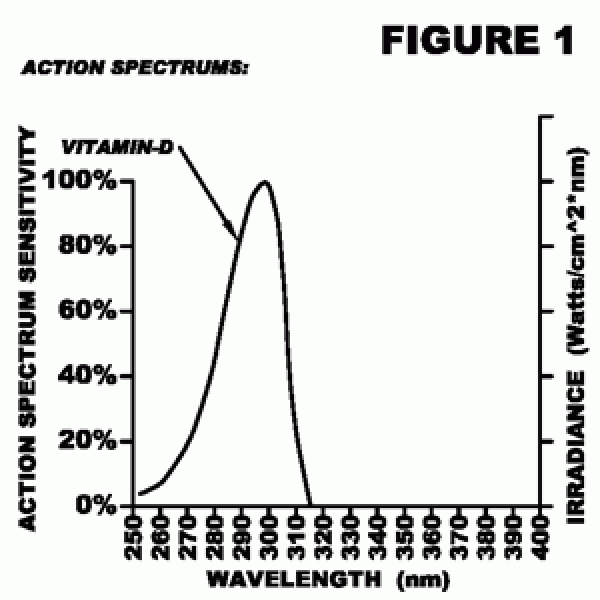This topic contains a solution. Click here to go to the answer
|
|
|
Did you know?
A good example of polar molecules can be understood when trying to make a cake. If water and oil are required, they will not mix together. If you put them into a measuring cup, the oil will rise to the top while the water remains on the bottom.
Did you know?
The lipid bilayer is made of phospholipids. They are arranged in a double layer because one of their ends is attracted to water while the other is repelled by water.
Did you know?
Women are 50% to 75% more likely than men to experience an adverse drug reaction.
Did you know?
By definition, when a medication is administered intravenously, its bioavailability is 100%.
Did you know?
On average, the stomach produces 2 L of hydrochloric acid per day.







